Travel, stories, education: The keys to happiness?

Sustainable tourism expert and educator Ivana Damnjanović is passionate about travel, stories, and education; so much so that she thinks that they could be the source of, framework for, and means to happiness. It’s a “Good Tourism” Insight.
Travel & tourism has long been considered a magic box that brings certain profit. No matter how many resources we use up delivering tourists to destinations, and experiences to tourists, we profit from them. Infinitely.
However, we increasingly understand that tourism is no fairy tale; that perhaps that mythical magic box may have once belonged to Pandora. Yet we cannot deny that travel & tourism does create magic. A different kind of magic.
Travel & tourism: A source of happiness?
It appears that a route forward for tourism calls for retracing our steps to a point that allows us to navigate towards a more favourable future. To release all the potential of tourism to bring about good, we need to re-invent how we define its success. Perhaps:
- Stop simply measuring tourism;
- Use measurements to understand tourism in all its complexity; and
- Make informed decisions about tourism based on the results.
There are many innovative and inspiring approaches and initiatives that have been sped up by the pandemic; new ways of thinking and acting that potentially facilitate this necessary transformation of the world of travel. I am at once proud and humble to actively engage in some of them, including the Global Sustainable Tourism Council, the Future of Tourism Coalition, and Planet Happiness, to name a few. As an educator and a researcher, I cannot but honour the work of many others.
Also see Paul Rogers’ “GT” Insight
“Why build well-being into destination resilience and tourism recovery?”
With this new wave swelling, there is greater potential to walk our talk; not silo our approaches, but see them collectively as an evolving human-natural living system in which exists a mutually-complementary role for each approach. In one way or the other, all of these initiatives are heedful of the well-being of numerous stakeholders in destinations, particularly local communities and the natural environment. Therefore, the significance of today’s well-being agenda is its capacity to help transform the world of travel so that everybody and everything in it is happy.
I was recently asked to define happiness, and I came up with this:
“Happiness is a multifaceted notion, attainable only if all elements of the complex milieu of life are thriving. It depends on a deep understanding of the interconnectedness between individual and universal realms of being.”
In the tourism context, happiness essentially translates into two sentiments: gratefulness and being welcome. Tourism, in general, should find ways to value the resources it is invited to use. Only then will it be welcome; when all those even touched by tourism feel it as a force for good in terms of the human and natural systems upon which it relies. To that aim, tourism has to carefully listen to the needs of all the elements that comprise what we call a destination. It also needs to learn what hurts a destination, such as overtourism, so it can help heal and regenerate it.
Behind this process, there lives a story …
Storytelling: A framework for happiness?
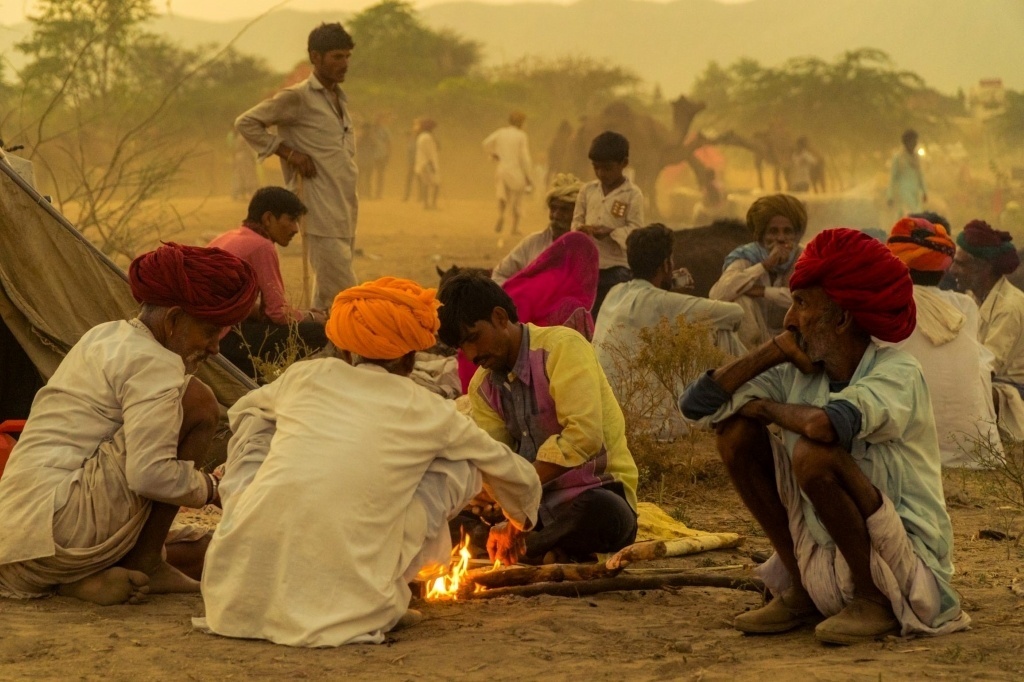
Meaningful, purposeful, impactful travel that ultimately leads to transformations in tourists’ personalities, views, behaviours, and lifestyles had been on the rise years before the pandemic. However, over the past year there has been a great emphasis on wellbeing-motivated travel. Although it shines a light on the positive nature of tourism, it remains clouded by its one-sidedness. Can we honestly call it well-being travel if it is designed only for tourists? Well-being is a state shared by all stakeholders in a destination, or it is not well-being at all.
Well-being relies on the truth hidden behind destination stories. They define us. Our personal and collective history contains stories both literally and fundamentally. We travel to take up a role in a story. The pitfall so far has been obliterating the genuine destination story in favour of the hyperbolic individual tourists’ stories. That way, a destination becomes all things to all people but its own. Subordinate to tourism, wrought with unfounded expectations, disillusion, and bitter disappointments, it spins its slow but certain death spiral until it becomes both undesirable to locals and undesirable to visitors. Therefore, tourists should not be allowed to demand their own stories, rather they should be offered a choice of those a destination is prepared to offer.
Tourism storytelling is an invitation and address to visit. We do not extend invitations to those who are not welcome. Neither do we accept them when they do not resonate with us. This is how we ensure that the right kind of tourists become a part of our destination story; tourists with whom our destination evolves into an enriched version of itself. Simultaneously, within their well-matched destinations, tourists will find fulfillment of their own needs for experience, transformation, and memory.
Local communities in destinations should be empowered to reclaim their narratives; speak about their glories, hurts, and visions through all their nuances, and give voice to those who cannot speak. The rhythms of a story written locally will better match the rhythms of the place, its people, and its natural environment. And a local story will better define the parameters of the unique experience offered there before travel even begins. A destination’s essence is simply a home essence. It existed before tourism was ever imagined — before a home became a “destination” — and, if maintained, it will exist with or without tourism long after. And yet it will extend a warm welcome to those who would appreciate and respect it.
Also see Eva Mossberg’s “GT” Insight
“Host communities are at the core of tomorrow’s sustainable tourism”
However, host communities often do not feel fit to portray their own essence. So stories are told by third parties. Travel journalists and content creators have their angles; tour guides, destination and hotel managers and marketers another set of angles; and people one meets each have their own. Only if hosts’ stories are told in an undistorted and accurate way can all of us be certain that their value will endure.
Were they ever to be embedded in everybody’s vision — host and visitor alike — through education so that they may influence purpose, invaluable local perspectives on place might indeed be enhanced and evolved through a symbiosis of local and foreign appreciation and interpretation. Sustainable, responsible, and flourishing.
Education: A means to happiness?
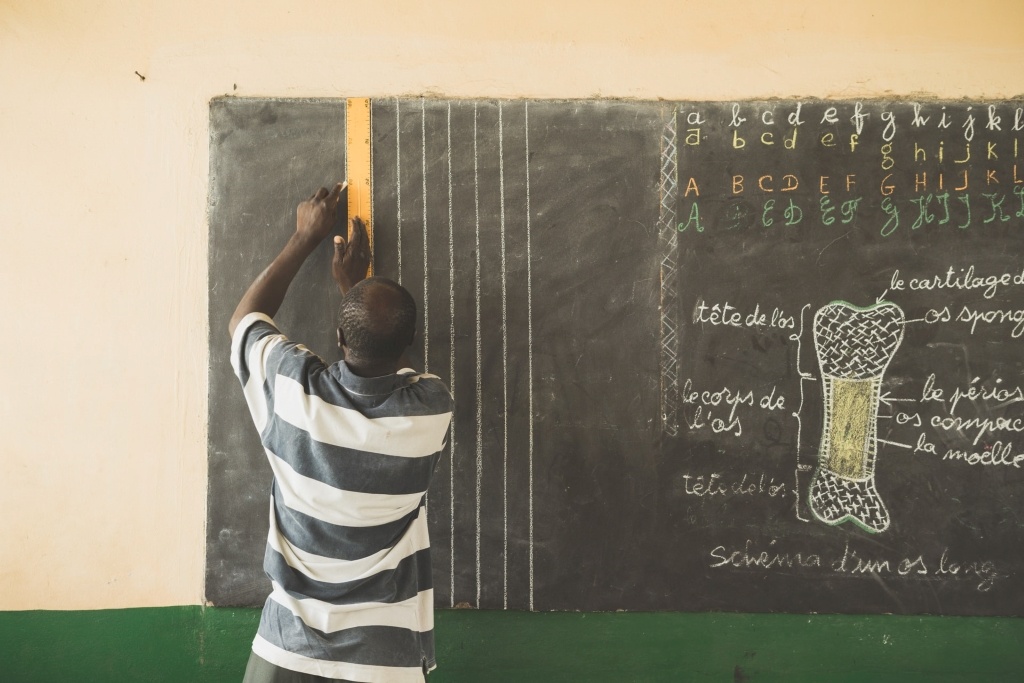
The virtualisation of both tourism storytelling and education was a nascent trend before the pandemic. It has since taken off in scope and scale. In my work as a university teacher, virtual tools have blended into a new routine of analysis and discussion of travel stories with my students during online classes. Academia bears an enormous responsibility to prepare future tourism professionals with a mindful and responsible approach to tourism. General well-being is not merely a competitive advantage, but the warp and weft of weaving destinations’ and travellers’ stories. Making students equipped and self-confident to take on compiling, formulating, and publishing true stories is the most sustainable role academia can play for the future of tourism we are envisioning today.
As in a travel experience, if there is emotional involvement in a story well told, the story has transformative power. Thus the storytelling paradigm can become the prism through which tourism students operate in the future. Through stories and storytelling, students will enjoy, learn, and understand more. To achieve this, teachers need to put on storytellers’ hats. Tourism education needs to be perceived as a journey; a transformative, meaningful, purposeful, change-heralding, and fun trip. We achieve this through engaging students in simulated or real storytelling-related community and environmental projects, such as with local NGOs, businesses, or travel journalists. Being involved in writing a destination story turns students into caring advocates for the destination. This is even more rewarding in the context of international groups of students.
Also see Bjørn Z Ekelund’s “GT” Insight
“In the eye of the beholder: How to create valuable tourism experiences”
So, do I plead guilty to accusations of building an army of like-minded tourism professionals? Gladly, if students see themselves in a higher light.
Admittedly, tourism educators have organisational boundaries around introducing the well-being and storytelling agenda. We cannot simply devote entire courses to this aim, but our academic freedom allows us to sneak it in and blend this agenda into existing ones. Then, the tourism expertise and inherent knowledge of a destination’s heartbeat, its rhythm, are unified in favour of sustainable tourism.
Never-ending stories … (no conclusions)
We are stories.
Our purpose, satisfaction, and happiness depend on our stories.
We tell stories around campfires, at home gatherings, even to ourselves when we are alone.
It makes me wonder whether we could measure tourism success through stories and memories told in their own unique and equally valid ways by all of a destination’s stakeholders. What if memories and stories were the goal of the narrative experiences we create for destinations?
How do we support our future tourism professionals in building values of gratefulness, truthfulness, and fellowship?
Or is that a different story?
What do you think? Share a short anecdote or comment below. Or write a deeper “GT” Insight. The “Good Tourism” Blog welcomes diversity of opinion and perspective about travel & tourism because travel & tourism is everyone’s business.
Featured image (top of post): Story time with Mum; a framework for happiness? By Liana Mikah (CC0) via Unsplash.
About the author
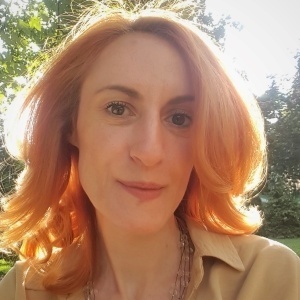
Ivana Damnjanović is a sustainable tourism expert with a decade of experience currently serving as vice-dean for international cooperation at the Faculty of Health and Business Studies, Singidunum University, Serbia. Dr Damnjanović advocates enhanced student educational experiences through “the proliferation and transferability of teaching methods and applicability of the acquired knowledge”.
An ambassador for “Good Tourism” Insight Partner Planet Happiness, Dr Damnjanović’s academic interests include community well-being; wellness through recreation, adventure, and nature-based tourism; regenerative tourism; sustainable tourism in protected areas; and tourist experiences, storytelling, interpretation, and their educational aspects.



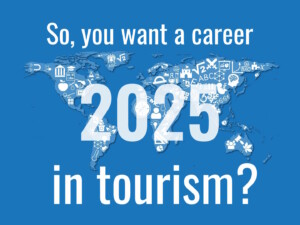
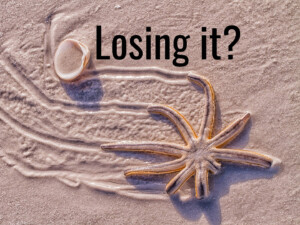
![Travel, stories, education: The keys to happiness? 9 Professor Valeria Minghetti: "[B]e curious. Never stop asking yourself questions. Curiosity and the desire to find solutions is what makes a difference ..."](https://www.goodtourismblog.com/wp-content/uploads/2024/05/Professor-Valeria-Minghetti-300x225.jpg)